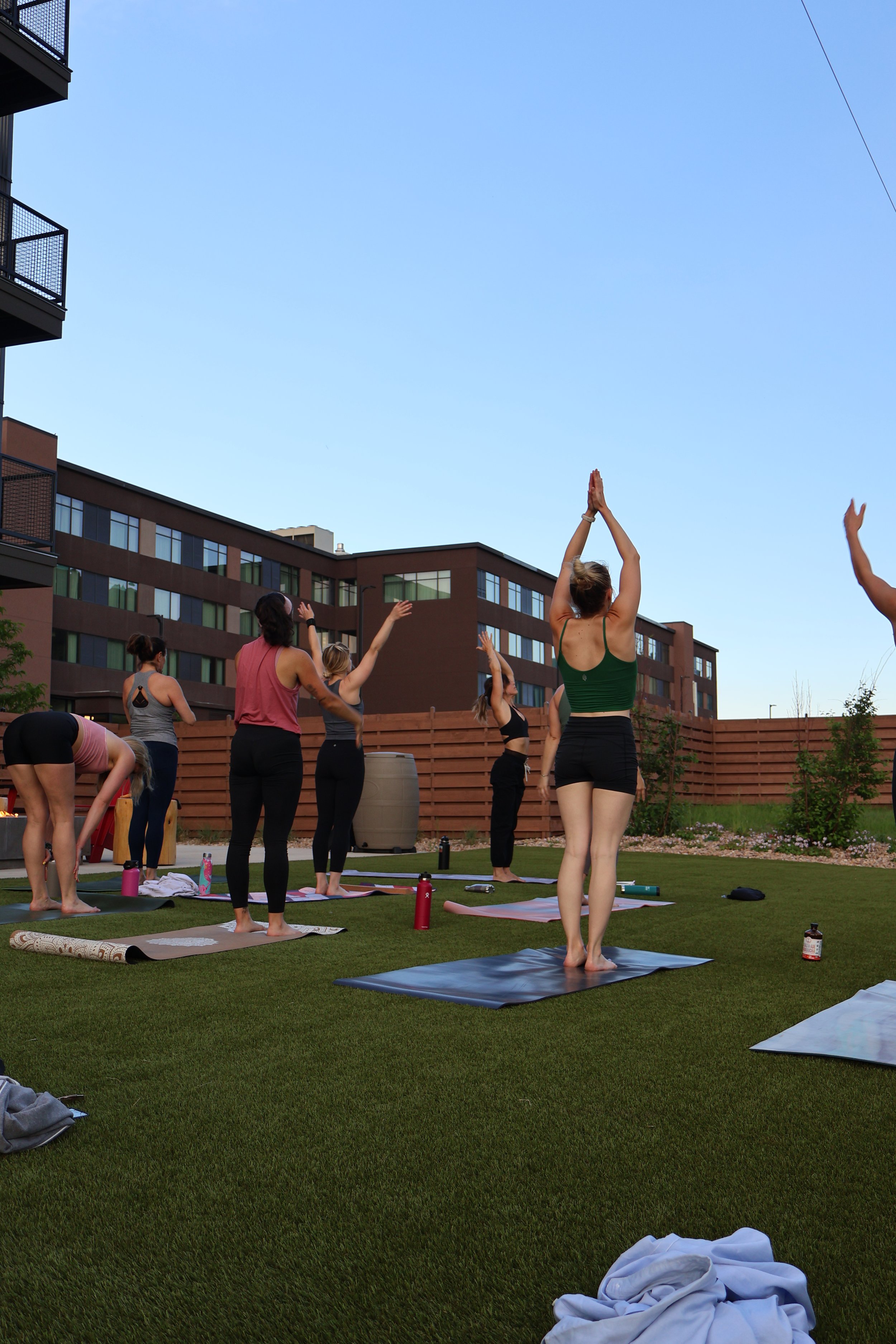3 Tips to Develop Daily Presence
Presence is our ability to connect with others and ourselves without expectation, judgement, or ego involved. As simple as it may sound on paper, cultivating presence takes consistent practice.
The quality of presence is as important in leadership as it is in interpersonal relationships.
Like any skill, it takes commitment, discipline, and practice to develop.
A few signs of presence include:
maintaining eye contact in conversations
having a general acceptance of yourself and others.
listening without an agenda.
expecting and giving others respect.
direct and concise communication.
living without judgement.
Without self-confidence, we can get stuck in an ego state, approval seeking, or worse - missing opportunities to connect with others around us.
Here’s our three top tips for embracing vulnerability and developing presence in your daily life:
Get intimate with your own breath. Our breathing pattern is the first vehicle we can use to develop emotional and cognitive awareness. Fast, shallow breath can alert us to an unregulated emotional state. The breath is a powerful tool that we can almost always tune into, and has the power to shift our state moment to moment. A daily breath practice can open our eyes to how vast and variant our emotional state really is.
Develop a daily movement practice. Movement is medicine, and if you are prone to overthinking, finding an outlet for your energy is essential. Whether it is yoga, walking, running, fishing, skipping, or all of the above - find something that you love and develop a routine that works for you. (Pro tip: start small. Commit to ten minutes a day, or something you know you can accomplish. Small wins stack and develop self-trust and confidence.)
Unplug from technology. Yes really. One of the easiest ways to establish this habit is to delay technology in the morning, or cut it off around dinner time. Commit to leaving your phone out of sight and reach. Having less distraction makes it more likely that you will engage in active listening, self-reflection, and quality time with yourself and others.
Developing presence allows us to respond to our environment, rather than react. Being aware of the human condition gives us more compassion for others, releases attachments, and reminds us that embracing vulnerability leads directly to authenticity.


